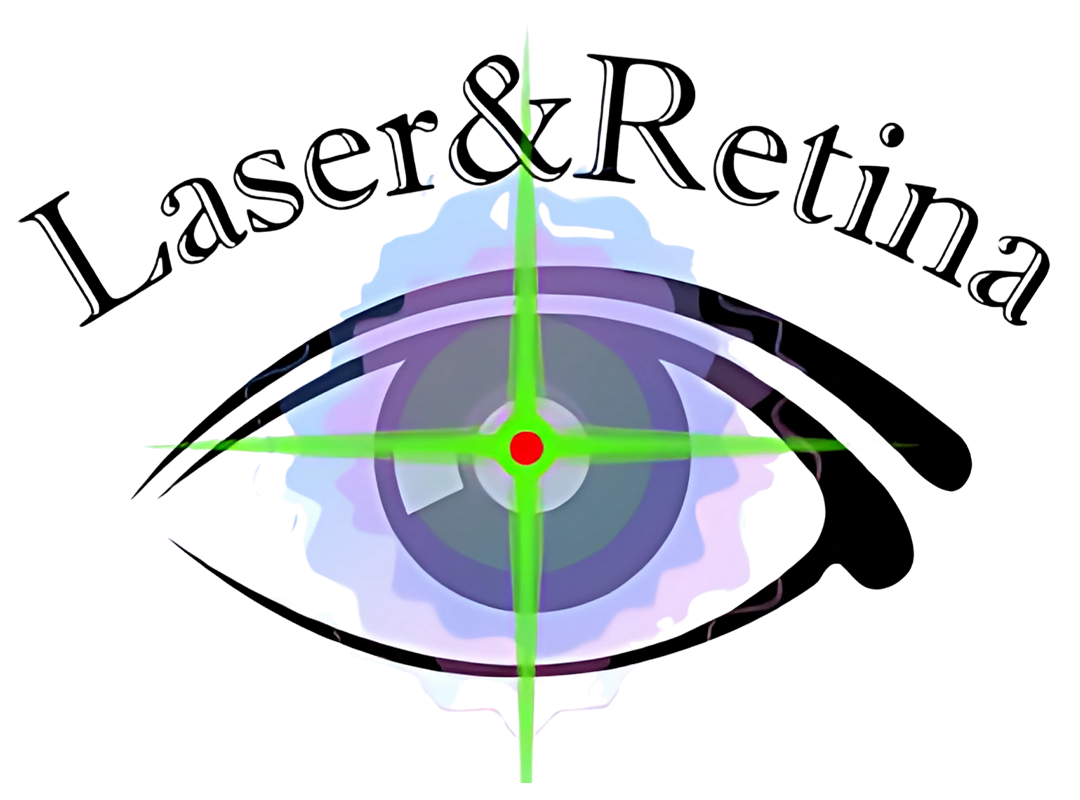Diabetic Retinopathy
The NMC Royal Hospital, Sharjah is well equipped with advanced investigation modalities required for the best management of retinal disorders. Dr. Jain is an expert in diagnosing and treating a wide spectrum of retinal disorders with laser, injections, and surgeries. His practice is based on international guidelines and preferred practice patterns across the globe. He is committed to delivering world-class class treatment with utmost care and precision. NMC Royal Hospital Sharjah, commonly called as Al Zahara Hospital, Sharjah is among the best hospitals in the UAE for Eye care and surgeries.
Understanding Diabetic Retinopathy
Diabetic retinopathy is a serious eye condition that can affect people with diabetes. Over time, high blood sugar levels can damage the tiny blood vessels in the retina, which is the part of your eye responsible for seeing clearly.
The good news? With regular eye exams and proper diabetes management, you can often prevent or slow down the damage.
What Happens in Diabetic Retinopathy?
When blood vessels in the retina become weak or leaky, they can swell, close off, or even grow abnormally. This disrupts the retina’s ability to process light, leading to vision problems.
In later stages, these changes can lead to serious complications like:
Blurred vision
Difficulty seeing at night
Dark spots (floaters)
Vision loss (if untreated)
Retinal Care
- Diabetic Retinopathy
- Retinal Detachment
- Retinal Vascular Occlusion
- Central Serous Retinopathy
- Age Related Macular Degeneration
- Macular Hole
- Epiretinal Membrane and Macular Pucker
- ROP
- Uveitis (Iridocyclitis, pars planitis, pan uveitis)
- Vitreo retinal surgery
- Retinal laser
- Intra vitreal injection
How Is It Detected?
Most people won’t feel any symptoms in the early stages. That’s why a dilated eye exam is crucial — your doctor can detect changes in the retina before you notice any vision issues.
Tip: If you have diabetes, get a full eye check-up at least once a year.
Treatment Options
Treatment depends on the stage of the condition:
Early stage : Better blood sugar, blood pressure, and cholesterol control may be all you need.
Advanced stage: Your doctor may recommend:
- Laser therapy to stop leaking blood vessels
- Injections into the eye to reduce swelling
- Surgery (vitrectomy) if there’s significant bleeding or scarring
Protecting Your Vision
Take these simple steps to protect your eyes:
- Keep your blood sugar and blood pressure in check
- Have a yearly dilated eye exam
- Eat a balanced diet and stay active
- Quit smoking if you do
- Follow your diabetes care plan closely
Patient Guide Download
Want to read more? Download this trusted guide from the National Eye Institute:
Frequently Asked Questions
Yes! Early stages often have no symptoms, which is why regular eye exams are so important.
Modern investigations and the latest treatment modalities make it unlikely to lose permanent vision. You just need to take timely treatment and regular follow-up.
Treatments can often prevent it from getting worse. In some cases, vision may even improve with proper care.
No, diabetic retinopathy is usually painless — another reason it can go unnoticed without an exam.
Diabetic Retinopathy
Diabetic Retinopathy
Laser Surgery for Macular Edema
Diabetic Eye Disease (PDR): Vitrectomy
Medication Injection for Macular Edema
Diabetic Eye Disease (PDR): Laser Surgery
Medication Injection and Laser Surgery for Macular Edema
Retinal Care
- Diabetic Retinopathy
- Retinal Detachment
- Retinal Vascular Occlusion
- Central Serous Retinopathy
- Age Related Macular Degeneration
- Macular Hole
- Epiretinal Membrane and Macular Pucker
- ROP
- Uveitis (Iridocyclitis, pars planitis, pan uveitis)
- Vitreo retinal surgery
- Retinal laser
- Intra vitreal injection
